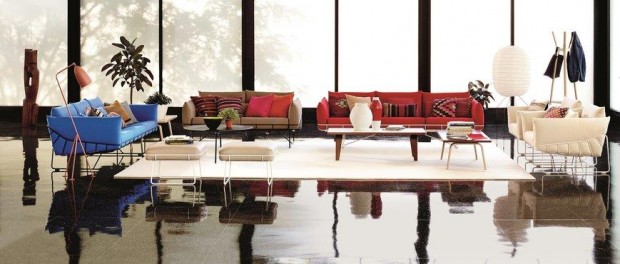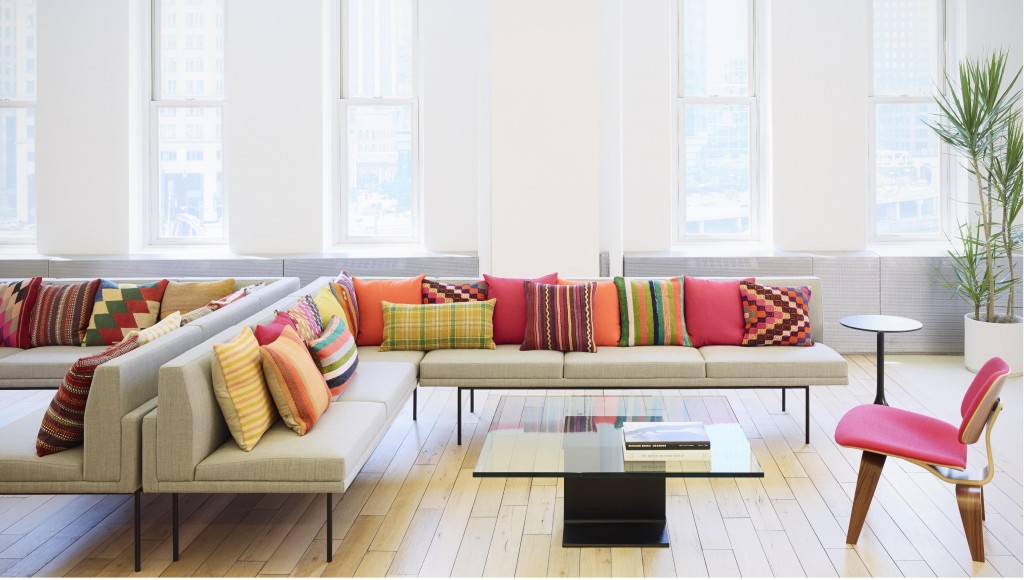Hospitality by Herman Miller

Dubai – CNN’s Business Traveller feature tilted “Smart business hotels where work meets play” categorically states, that a new generation of mobile workers have traded cubicles for coffee shops, and offices for hotel rooms around the world. As long as digital nomads have Wi-Fi and a laptop, they can get the job done just about anywhere — be it from the pool, beach bar, or a trendy restaurant. By 2022, the global mobile workforce is expected to grow from 1.45 billion in 2016 to 1.87 billion, accounting for 42.5% of the worldwide workforce.
Current trends in Dubai will see more than 10,000 new hotel rooms in the lead up to 2020, the hospitality industry here is one of the fastest growing in the world. The UAE currently has over 6,000 F&B outlets, with another 19,000 expected to open by 2019. While in Africa, business travel is challenging leisure tourism as the main reason for African visits. According to the Johannesburg consultancy Corporate Traveller, nine out of 10 business travellers to African countries stay in four or five-star hotels, costing at least 3,000 rand (Dh772) per night. Almost half of these guests stay in five-star hotels, while most of the rest opt for four-star lodging.
We know that physical environments and technology have impacted the way we live, work and travel. People have become the most critical asset of every organisation and spaces must be designed to support their needs and activities, whenever and wherever they need to work.
However, are hotels creating an engaging guest experience?
Are these spaces meeting the changing needs of guests? Are guests provided with the tools to satisfy their individual requirements? Are the MICE offering (Meetings, Incentives, Conferencing and Exhibitions) appropriate for different groups, events and activities?
Most tools that workers need to do their jobs are inside their laptops and smartphones. What they need are places to sit comfortably and effortlessly—either together or alone.
At Herman Miller, we recognise each person and organisation has their own unique requirements, that’s why our furniture portfolio offers a variety of tailored solutions. By understanding the design of spaces, we increase the effectiveness of these environments, therefore increasing the productivity of both user and the organisation.
We have been exploring ways in which tools and technology and design—in addition to management methods — can affect productivity and belonging. Belonging is one of the six fundamental human needs we identified based on an in-depth review of literature, study, and research from the past 80 years. For example, balancing technologies with spaces that encourage face-to-face interactions helps improve perceptions of belonging, as does creating a space that supports collaboration, mobility, and proximity.
We provide an important aesthetic to our customers in delivering world class business facilities. We bring people together to help businesses succeed. This for the hospitality sector translates into increased revenue, customer loyalty and repeat guests. All in all, a new and more engaging guest experience.
About Herman Miller
Herman Miller’s inspiring furniture designs, inventive technologies and strategic services help people do great things and organisations perform at their best. The company’s award-winning products and services generated approximately $2.1 billion in revenue in fiscal 2015. Their designs can be found not just in offices and workspaces around the world, but also in the permanent collections of museums and galleries. Innovative business practices and a commitment to social responsibility have also helped establish Herman Miller as a recognised global leader. Herman Miller is included in the Dow Jones Sustainability World Index and trades on the NASDAQ Global Select Market under the symbol MLHR. For more information please visit www.hermanmiller.com







